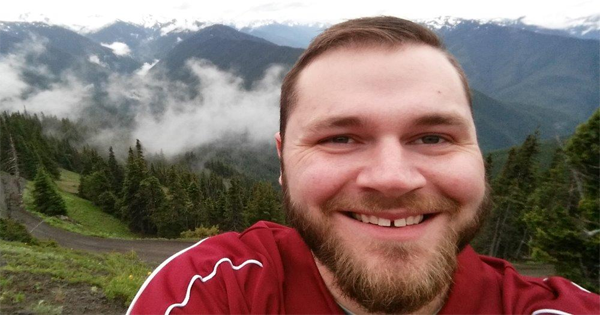Charlie Bracke is now 28 years old, but he recognizes that his video game addiction began when he was much, much younger.
In retrospect, he knows he began exhibiting signs of addiction when he was only nine years old. “My older brother bullied me when we were younger, and he fought with my parents a lot,” Bracke recalled.
“Subconsciously, I must have noticed that if I went off to the computer room, he would leave me alone. I could zone out with my games, and I wouldn't have to deal with him or my parents at all.”
At this point, Bracke was already spending four or five hours gaming on the weekdays and 10 or 11 on the weekends.
As Bracke grew up, his addiction came and went. During good years, when he was surrounded by close friends and positive relationships, Bracke took it easy on the gaming. When his personal life took a turn for the worse, particularly at the beginning of college, Bracke’s gaming habits took over 50 to 60 hours of his week.
“I fell into a depression that made me play games constantly…using it as my way to cope,” Bracke said. “I had never learned actual coping skills to handle stress in real life.”
Although Bracke was seeing a counselor, he ultimately decided to leave school and live with his brother (with whom he now had a good relationship) in Virginia to restart his life. But in the process of making this decision to move across the country from Indiana, Bracke broke up with his girlfriend and fell into an even deeper spiral of depression.
“I would wake up in the morning and get on the computer, telling myself I'd just play one game and then go to work. Next thing I knew, it'd be 3:00 in the afternoon, and I still hadn't showered or gotten ready for the day,” Bracke explained.
Gaming to Bracke had basically turned into blackout drinking; it was impossible to remember participating in the behavior until after it had all finished.
It took another half year of ups and downs – being fired from his real estate group for failing to produce success, realizing how much he wanted his brother’s home and family life with a wife and kids, and becoming depressed from the realization that he was so far from achieving his goals – before Bracke was confronted by his parents about the vicious cycle.
Because nothing was making a difference on Bracke’s addiction, he would be sent to a rehab center in Washington state, called ReSTART Life. It was only there that Bracke could finally get himself away from technology and create a “life balance plan” to learn how to navigate his addiction outside the facility, where “living without technology…[was] impossible.”
Though Bracke is now out of rehab and able to live his life without falling back on his gaming addiction, he notes that overcoming his particular addiction has been incredibly difficult. He’s had to remove some friends – who threaten his life balance, sobriety, and life – from his life, but it was a choice he made for himself and his own well-being.
Bracke explains, “Some people ask, ‘Video games? Why can't you just stop?!’ But most people are willing to accept that if I consider it a problem, it is.”
Now, after a year of not having played any games, Bracke is proud of how far he’s come and makes a point to talk to others who might be going through the same struggles. “Just because a behavior is common and everyone does it, like playing video games or living completely attached to our computers or phones, it doesn't mean it's good for us.
“I'm happy to share my story to hopefully help others avoid the path I went down.”





